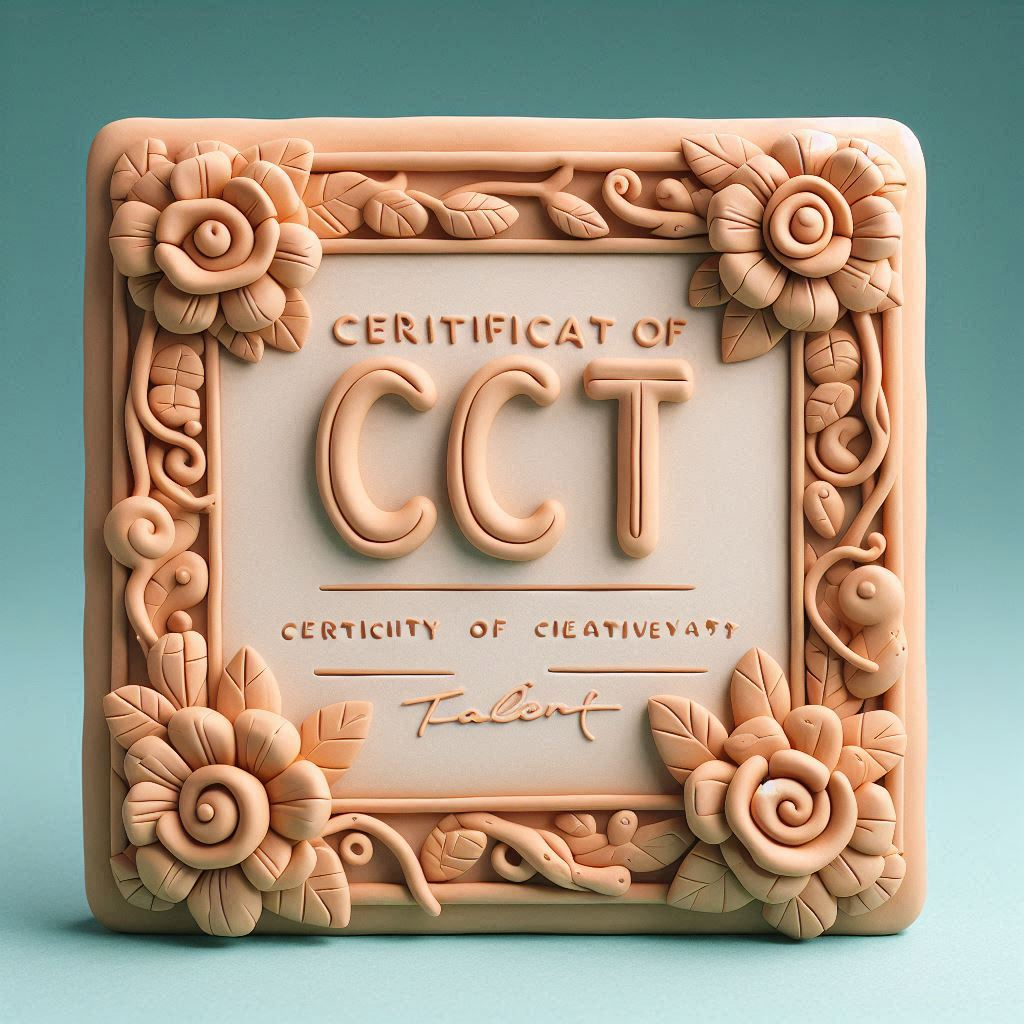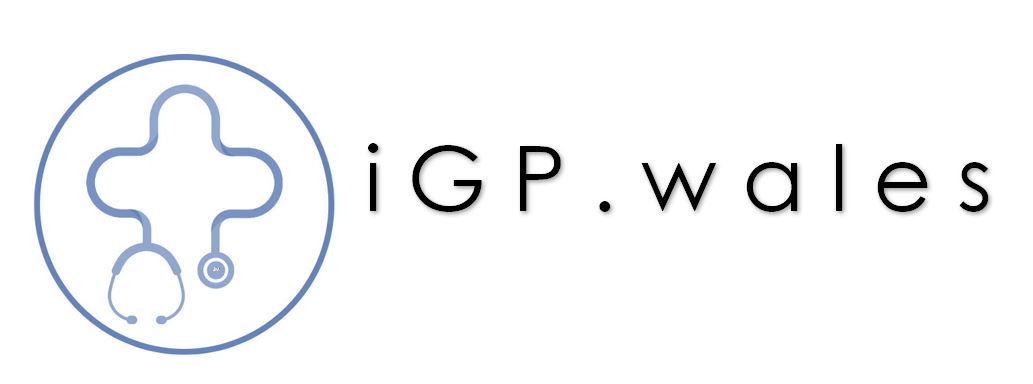QUALIFYING AS A
GENERAL PRACTITIONER
CCt
CHECKLIST
“First, a big massive Congratulations is in order!
Celebrate completion of GP Specialist Training”
What to do next?
Deciding what you want to do and where…
You may have been thinking about this already, but it’s important to think about what you’d like to be doing, where you’d like to work and how this fits your situation.
Do you want to locum? Work in out of hours? Do you want to be a salaried GP? Have you got sights on being a GP Partner? Were there other things you wanted to do post CCT? Did you want to mix and match?
Hopefully you’re either deciding to stay in Wales, or if you’re from the other Nations, perhaps join to work in Wales.

CCT (Certificate of Completion of Training) Application
Upon successful final ARCP, you’ll get notified by the GMC that the RCGP has updated them that you’ll be due to complete your specialty training programme.
You’ll need to apply for your CCT which gives you entry to the GP Register.
You will be eligible for CCT once RCGP/Faculty has given GMC a recommendation for CCT AND once you have applied for CCT.
You’ll have 12 months from the expected end date of training to submit your application.
You’ll need to apply via gmc-uk.org/gmconline
For most people who finish their GP training in early August, you’ll tend to receive the GMC email to invite for application around May, then July.
Once approved, your actual certificate will be issued after about 15 days.
Medical Performer’s List
You would have already have been on the Medical Performer’s List as a GP Trainee. Now you’ll need to update that form indicate that your current status as a GP Registrar will now change.
This will either be as Salaried GP, Locum GP, GP partner etc.
For LOCUM GP you’ll also need to join the ALL WALES LOCUM REGISTER.
Click to apply for Inclusion in the Medical Performers List. Please note, the link may only work if you’re on NHS intranet.
check Indemnity
In Wales, you’ll be part of the GMPI (General Medical Practice Indemnity) But you should still make sure you have appropriate indemnity to cover the roles you’ll be doing. You do not directly pay for this.
If you’re joining a GP Practice, check with them what cover they might also be providing on top of GMPI (via MDU, MDDUS, MPS).
Finding a Job
You have already secured a job but if you haven’t, don’t worry.
You can:
- Look online: Jobs and vacancies are advertised on RCGP, HEIW, Indeed, NHS Jobs etc.
- Network: Your colleagues will probably know someone who knows someone that works in a practice that might be looking to recruit soon.
- Contact practices: It’s worth a try if there’s a particular area or practice you’d like to work at.
Also remember, you’re not tied down into a certain job if it doesn’t work out quite how you expected or you just happen to find a better option.
There’s a variety of options to get involved with too. Some might want to get involved with local universities to teach medical students. Other’s might want to be a GP with Extended Roles (previously GP with Special Interest) e.g. in Mental Health, Women’s Health, Cardiology, Emergency Medicine, Dermatology etc. Within your practice there might be scope to become a trainer, a RCGP examiner, ARCP panel member, doing minor surgeries, being cluster lead or being a clinical lead that runs specific clinics.
Or you could even go outside, looking into the private sector, aesthetics, pharmaceuticals or something not even clinical at all.
Get your MARS Appraisal Account
GPs in Wales have a yearly appraisal using the MARS platform. Then after 5 years you’ll need to revalidate.
Although thinking about your first Appraisal only just after qualifying seems to be a bit too forward planning, if you leave it too late, sometimes it’s hard to get an appraiser once they’re all booked up. It’s easier to get one booked early and to make changes later than having to get in touch with the GP MARS team when there’s no one available.
To register, go to: gp.marswales.org/registration.php
Don’t get it mixed up with the medical.marswales.org link as although they look similar, you can’t login there as that’s for non-GP.
Once you’ve got an account, this is your new Portfolio to evidence your Continuing Professional Development (CPD). For GPs in Wales, you’ll actually get paid to do your appraisal.
RCGP Graduation ceremony
This is entirely optional.
However, to be part of the RCGP Graduation ceremony, you’ll need to be a full and active RCGP member.
The College covers the cost of attendance to the ceremony, but additional guests are paid for.
There are various locations, including: London, Birmingham, Liverpool, Winchester, Belfast, Edinburgh and Swansea. Keep an eye on the link below as locations and dates will rotate.
More details: rcgp.org.uk/membership/member-ceremonies
money, money, Money!
You’ll need to sort out your finances, not least, the initial costs with registration, any membership fees, indemnity etc.
The Salaried GP might be the most straight forward as you’ll be PAYE (Pay as You Earn). i.e. Monthly payslips.
Locum and GP Partner is a bit more complex. The latter two will greatly benefit from having a medical accountant (as a GP Partner, that’s most often included).
For Locums and GP Partners, remember to keep at least half of your earnings aside for the lovely entity of tax. Your first couple of years of doing self-assessments will often burden you with some of the biggest taxes you’re likely see in your career so keep an eye on this.
Regarding pension, for Locums you’ll need to sort these yourself. For GP Partners and Salaried GP this is usually taken care of by the Practice Manager.




